A Swiss medical publisher has ceased operations, including shuttering nationally prominent journals, after its parent organization, the Swiss Medical Association FMH, allegedly forced it into bankruptcy.
According to information on the website of EMH Swiss Medical Publishers, the Swiss Medical Association FMH holds a 55% stake in the firm. But on Aug. 22, 2024, the FMH’s board terminated its collaboration with the publishing house, including licensing for the association’s journal Schweizerische Ärztezeitung (Swiss Medical Journal), with immediate effect.
“In doing so, [the association] deprived its own company of its livelihood. EMH filed its balance sheet today and thus opened bankruptcy proceedings,” the publisher said in a notice posted on its website on September 4, 2024.
Continue reading Swiss medical association accused of forcing publishing subsidiary into insolvency
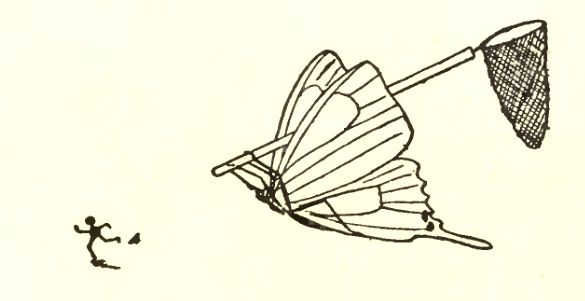 Title:
Title: 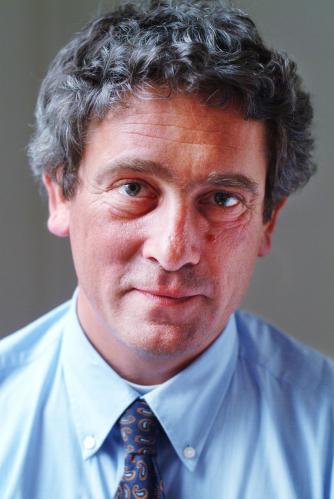
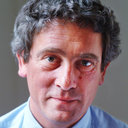
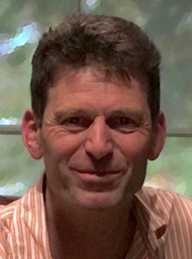
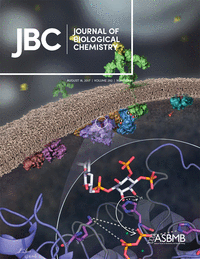
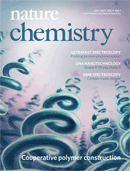
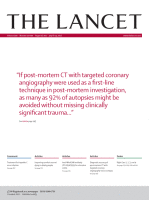
 Science Translational Medicine has retracted a paper by researchers based in Switzerland, after an investigation concluded two figures had been manipulated.
Science Translational Medicine has retracted a paper by researchers based in Switzerland, after an investigation concluded two figures had been manipulated. A researcher has lost his position as a Chief Scientific Officer at a DNA sequencing company after
A researcher has lost his position as a Chief Scientific Officer at a DNA sequencing company after